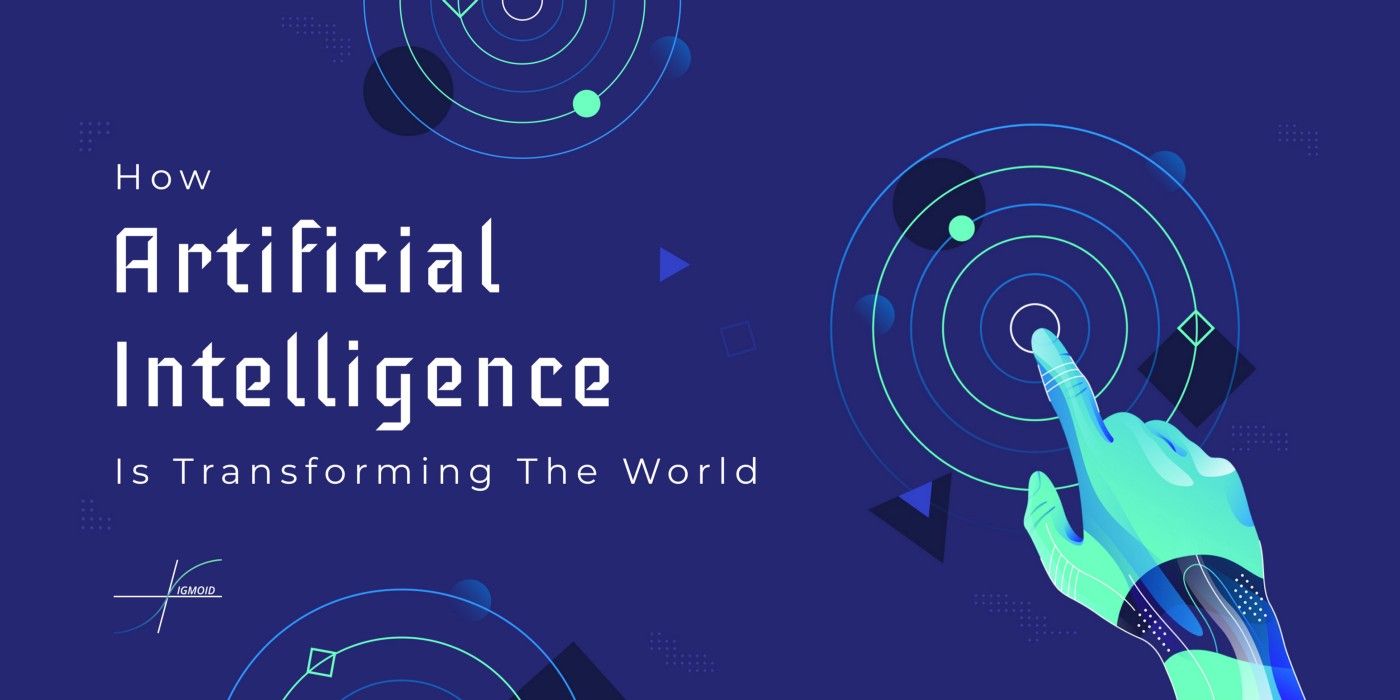In recent years, we have witnessed a remarkable advancement in technology that is reshaping various aspects of our lives. Among these innovations, one phenomenon stands out: artificial intelligence (AI). AI has quickly emerged as a transformative force, revolutionizing industries, driving innovation, and fundamentally changing the way we live and work. In this blog post, we will explore the rise of artificial intelligence and its profound impact on our world.
Defining Artificial Intelligence:
Artificial intelligence refers to the development of computer systems capable of performing tasks that typically require human intelligence. These systems can analyze data, learn from patterns, and make informed decisions or predictions. AI encompasses a range of technologies such as machine learning, natural language processing, computer vision, and robotics.
Applications of AI:
AI has found its way into numerous industries, bringing about unprecedented advancements and efficiencies. Here are a few examples of how AI is transforming different sectors:
a. Healthcare: AI is revolutionizing healthcare by aiding in diagnosis, drug discovery, and personalized treatment plans. Machine learning algorithms can analyze vast amounts of medical data to identify patterns and make accurate predictions, leading to improved patient outcomes.
b. Transportation: Autonomous vehicles powered by AI are on the horizon, promising safer and more efficient transportation systems. AI algorithms can analyze real-time data from sensors and cameras to make split-second decisions, reducing accidents and congestion.
c. Finance: AI is reshaping the finance industry with automated trading systems, fraud detection algorithms, and personalized financial advice. AI-powered chatbots are also improving customer service and streamlining processes.
d. Education: AI is enhancing the learning experience through intelligent tutoring systems and adaptive learning platforms. These technologies can analyze students’ performance data, provide personalized feedback, and tailor educational content to individual needs.
Ethical Considerations:
While AI holds tremendous potential, it also raises important ethical considerations. As AI systems become more powerful, questions regarding privacy, bias, job displacement, and accountability arise. It is crucial to address these concerns and develop frameworks that ensure responsible and ethical use of AI technologies.
The Future of AI:
Looking ahead, the future of AI is filled with possibilities. As research and development continue to advance, we can expect AI to permeate further into our daily lives. Here are a few trends to watch:
a. Enhanced Automation: AI will continue to automate repetitive tasks, allowing humans to focus on more creative and complex endeavors.
b. Human-Machine Collaboration: AI systems will increasingly collaborate with humans, augmenting our capabilities and decision-making processes.
c. Robust AI Infrastructure: The development of more powerful hardware, such as quantum computing, will enable AI systems to tackle even more complex problems.
d. AI for Social Good: There is growing interest in leveraging AI for solving global challenges, such as climate change, poverty, and healthcare accessibility.
Conclusion:
Artificial intelligence is rapidly transforming our world, offering immense potential and unprecedented opportunities. From healthcare to finance, transportation to education, AI is revolutionizing industries and reshaping the way we live and work. As we embrace this technology, it is crucial to ensure responsible and ethical deployment. By harnessing the power of AI, we can unlock a future where human and machine collaboration leads to remarkable achievements and a better world for all.








